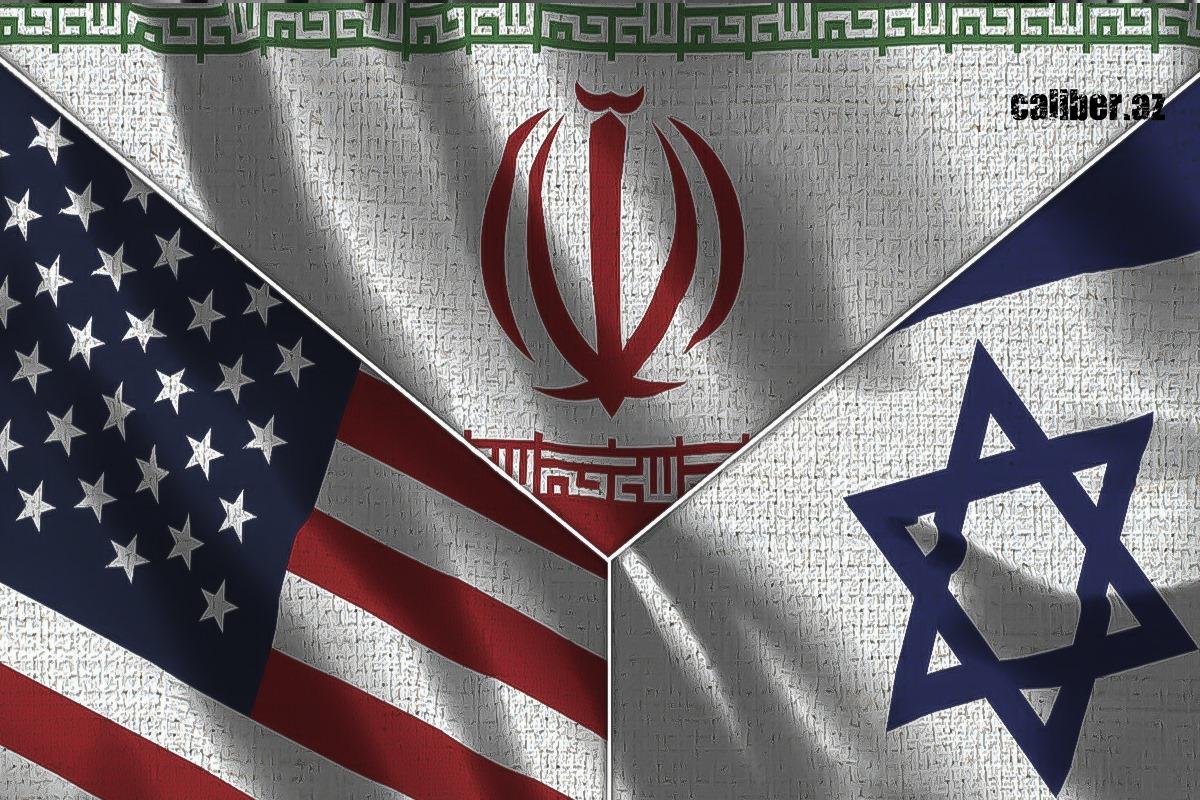Israel's escalation doctrine vs. Iran’s proxy tactics Who will prevail?
The State of Israel was established in 1948 through the efforts of the Zionist movement in an ever-boiling region. Here violence, both between social movements and between states, is commonplace. These circumstances led to the development and adoption of a certain military and political doctrine in Israel.
American researcher John Mearsheimer calls it "escalation dominance". In Israel, those who determine the state's foreign policy (the leadership of the leading parties, the military, the powerful lobbying companies that finance politicians) have come to believe that they have a monopoly on escalation. What does this mean? This strategy consists of the following: you show your opponents by all your actions: "Don't even think about doing anything against us, just swing, just think about swinging, and you will be left without an arm and a leg".
In the case of a threat, you raise the level of violence. If your opponent responds, you raise the level of attack again, and if he responds at the same level, he has already lost. You were able to do more damage to him than he did to you, and if he stops, you have proven to him that you are stronger.
That was the situation today, after Israeli intelligence (or is it the military?) assassinated Hamas leader Ismail Haniyeh in Tehran in a heavily guarded reception complex. In doing so, they demonstrated that anyone can be targeted right in the Iranian capital, where the Mossad now feels at home.
If the opponent starts raising the stakes, Israel has a powerful air force that poses a threat to Iranian industry, especially defence, nuclear and missile industries. Events in recent years have shown that Israeli planes can overcome Iranian air defence systems, while Iran does not have a strong air force. Iran has staked on an asymmetric response - drone and missile strikes on Israeli territory, but so far the vast majority have been shot down by U.S. efforts and Israeli missile defence.
In addition, Israel has an ally, the U.S., which goes to great lengths to defend that state. And if the strikes against Israel become too strong, the US could (theoretically) strike Iran (or any other opponent of Israel). This threat may be less today, shortly before the US elections, than ever before, but it still exists, and US President Biden has warned about it, saying that no one should try to strike Israel.
Thus, the "strategy of escalatory dominance" in recent years is related to the fact that for the adversary there is a ceiling of capabilities limited by the power of the Israeli Air Force and, potentially, the U.S. military, while Israel has no such ceiling. As Israel escalates, its adversary may sooner or later run into this ceiling and break its head. Therefore, according to the logic of the proponents of this strategy, it will have to accept Israeli dominance and behave cautiously.

However, there are analysts in Israel who doubt the effectiveness and safety of this strategy. What if Iran now responds to Haniyeh's assassination in a very powerful way, managing to break through Israel's air defence? What if the U.S., on the eve of the elections, is categorically not interested in a major war in the Middle East (it threatens the ruling Democrats with dragging America into a completely unnecessary conflict with unpredictable results, may lead to an increase in fuel prices, etc.)? What if, under such conditions, the Americans help repel Iranian attacks and the Lebanese Hezbollah onslaught, but not only do not strike Iran themselves, but severely limit Israel's ability to do so? Well, then Iran will in turn escalate, and a new situation will arise.
But so far, the Iranians' actions have not been convincing. During the last strike on Israel in April of this year (after Israel destroyed one of the Iranian consulate buildings in Damascus and killed the head of Iranian forces in Syria and Lebanon there), almost all missiles and drones were shot down by Israeli and American forces.
The situation in the Middle East today is complex. Iran is fighting for dominance over the region - fighting with the US and Israel. Iranian ruling groups (primarily the IRGC, which controls the security forces and half of the economy) prefer to fight with the help of proxies - Lebanese Hezbollah, Palestinian Hamas, Syrian and Iraqi militias, Yemeni Houthis, etc., itself conducting the orchestra, financing and arming these groups. A clever strategy - we support the attacks of others, but we don't seem to be involved ourselves.
- You're not going to escalate the violence and come into direct conflict with us, are you? - That's Iran's position.
- Of course we will, of course we will! - They're responding in Israel. - And you are so smart, but no, you will not stand aside, we will hit not only the tentacles of the octopus (Hamas and Hezbollah), but directly at its head, at Tehran.
- How will you do that? - The Iranians ask. - You are being held back by the Americans from an all-out attack on our industry, economy and political decision-making centers; what can you do under such conditions?
These are the different strategies of the parties in the modern regional war - the struggle of states for hegemony in the Middle East. Whose strategy will win, we don't know yet.....








